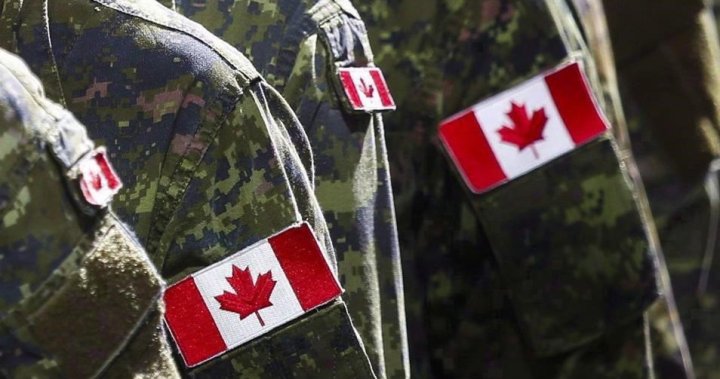
‘Cyber Fire’: How the Canadian Armed Forces is approaching ‘cyber warfare’
Global News
Documents released under access to information laws show that in 2016 the Canadian Armed Forces had a “relatively poor” understanding on long-term reliance on cyber operations.
The Canadian Armed Forces (CAF) needs to be ready to “fight for its freedom of action in cyberspace” amidst a “transformational” change in information technology, a newly released internal document reads.
The 2016 document laid out the Canadian Armed Forces views in approaching “cyber warfare” – a field of operations that had been facing increasing scrutiny at the time, amid high-profile global hacks and interference allegations, including operations conducted solely through computer systems as well as cyber tools deployed to assist conventional military operations.
Its release comes as Global News has learned of an independent review of the Communications Security Establishment’s (CSE) use of “active” cyber measures is expected in the coming weeks. Alongside the military, CSE is the only government agency explicitly authorized to conduct what are often referred to as cyber attacks.
The 2016 document warned that Canada’s military had a “relatively poor” understanding of the long-term impacts of the increasing use of cyber operations in modern warfare.
“Friendly access to, and use of cyberspace is not only potentially contestable – but actively contested,” the document read. “In addition, as militaries have discovered their vulnerabilities in cyberspace they have come to discover those of their adversaries. The cyber domain is contested, and the CAF can expect to have its operations resisted through military cyber operations.”
The document was released under access to information law and reviewed by Global News.
It offers insight into the CAF’s “doctrine” at the time when it comes to cyber-warfare – now considered a key domain of fighting war alongside more traditional land, maritime and air operations, in particular after Russia’s invasion of Ukraine targeted the country’s critical infrastructure networks.
And the document outlines concerns that Canada was already falling behind allies in its approach to cyber operations, even though the force felt it was “too early” in 2016 to draft a “rigid” cyber warfare doctrine.











